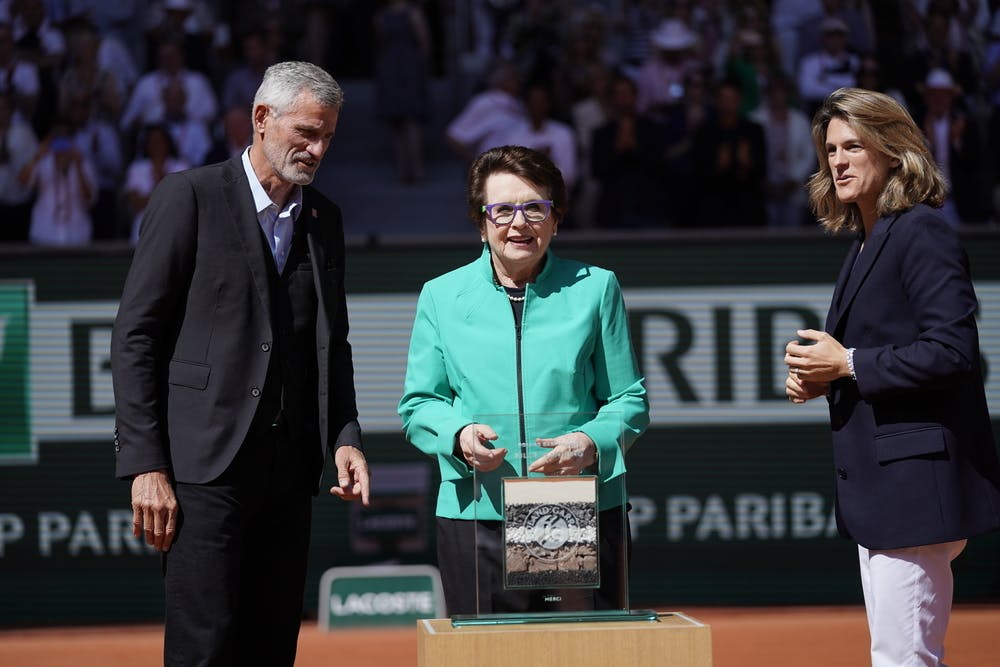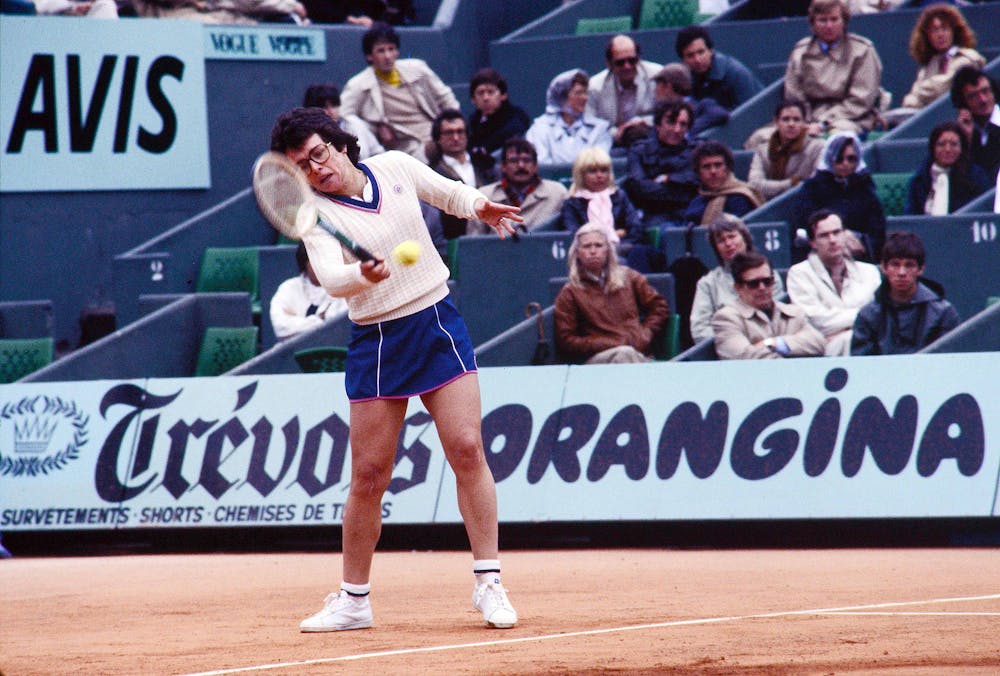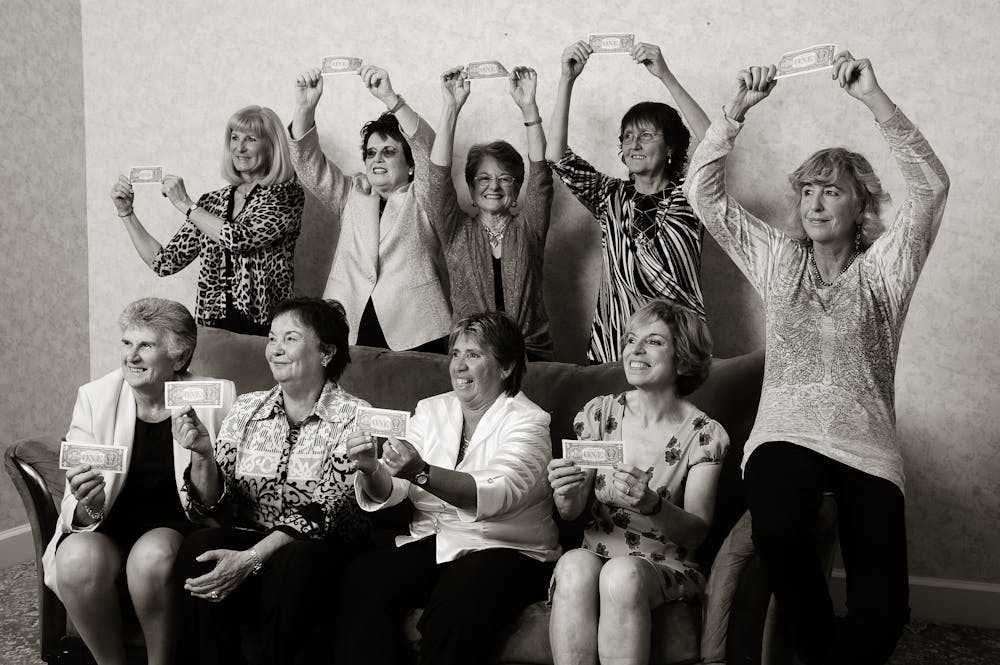An homage to a legend
On the 50th anniversary of her most improbable triumph, King returns to Roland-Garros.
On Thursday, her milestone achievement will be honoured on court, while after the women’s singles semi-finals, big screens on Court Suzanne-Lenglen will show The Battle of the Sexes, retracing the story of her match against Bobby Riggs in 1973.
The now 78-year-old will also receive the Legion d’Honneur from French President Emmanuel Macron at Élysée Palace on Friday for her fight for women's sport, gender equality and the rights of LGBTQ people in sport.
“I am prouder of what I have done off-court than as an athlete, even though my tennis career was not so bad, was it?” King said. “I guess being the world's No.1 and winning Grand Slam tournaments, including Roland-Garros, is quite an achievement. But I am prouder to have fought for gender equality…
“Tennis would be my platform and, if I could become the world's best player, it would be better to have my voice heard.
“I knew that, as a woman, it would be much harder, but it would be even harder for my coloured-skin peers. I had the opportunity to make the world a slightly better place. It was a revelation; since then, it has guided my life and I have never changed course.”
 ROLAND-GARROS
19 May - 8 June 2025
ROLAND-GARROS
19 May - 8 June 2025



 © Nicolas Gouhier/FFT
© Nicolas Gouhier/FFT
 ©Pressesports
©Pressesports Chris Smith / Volvo Car Open
Chris Smith / Volvo Car Open